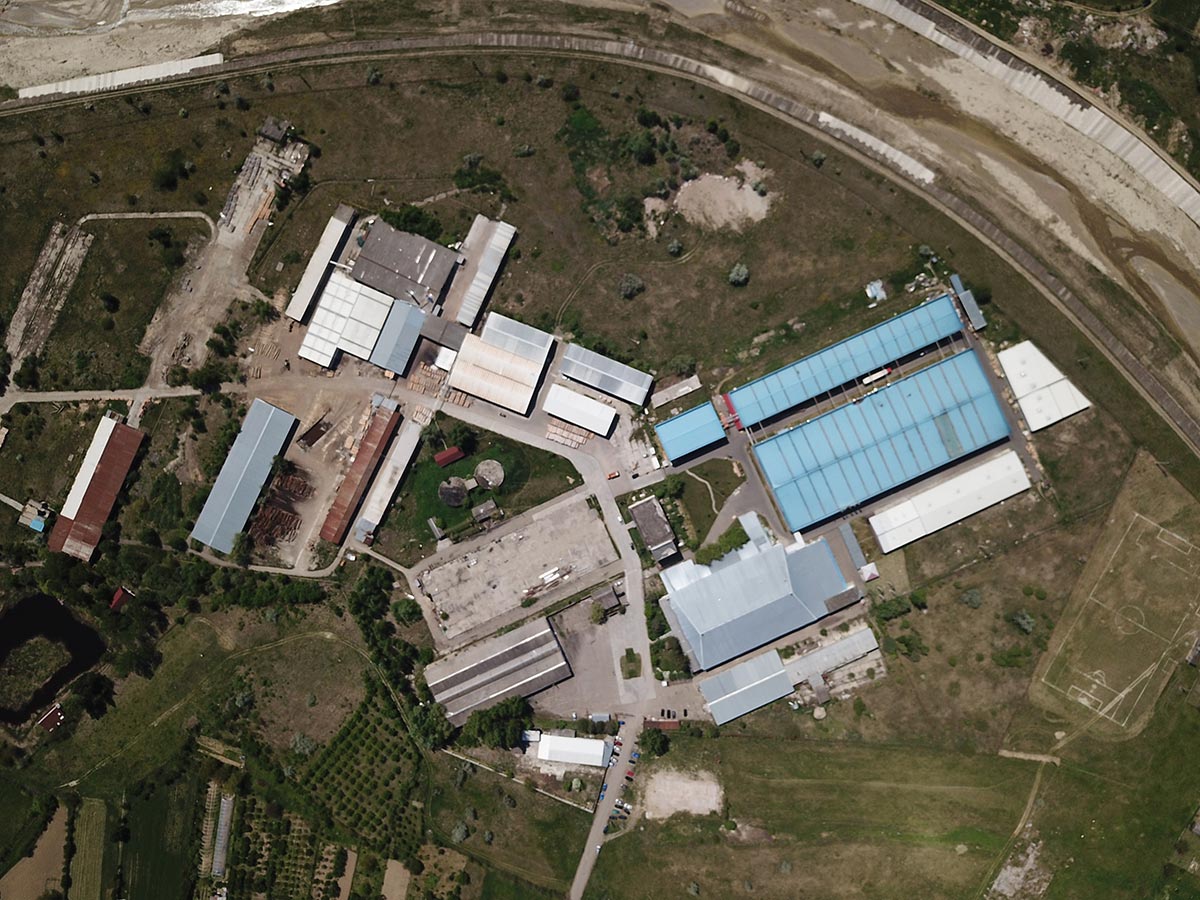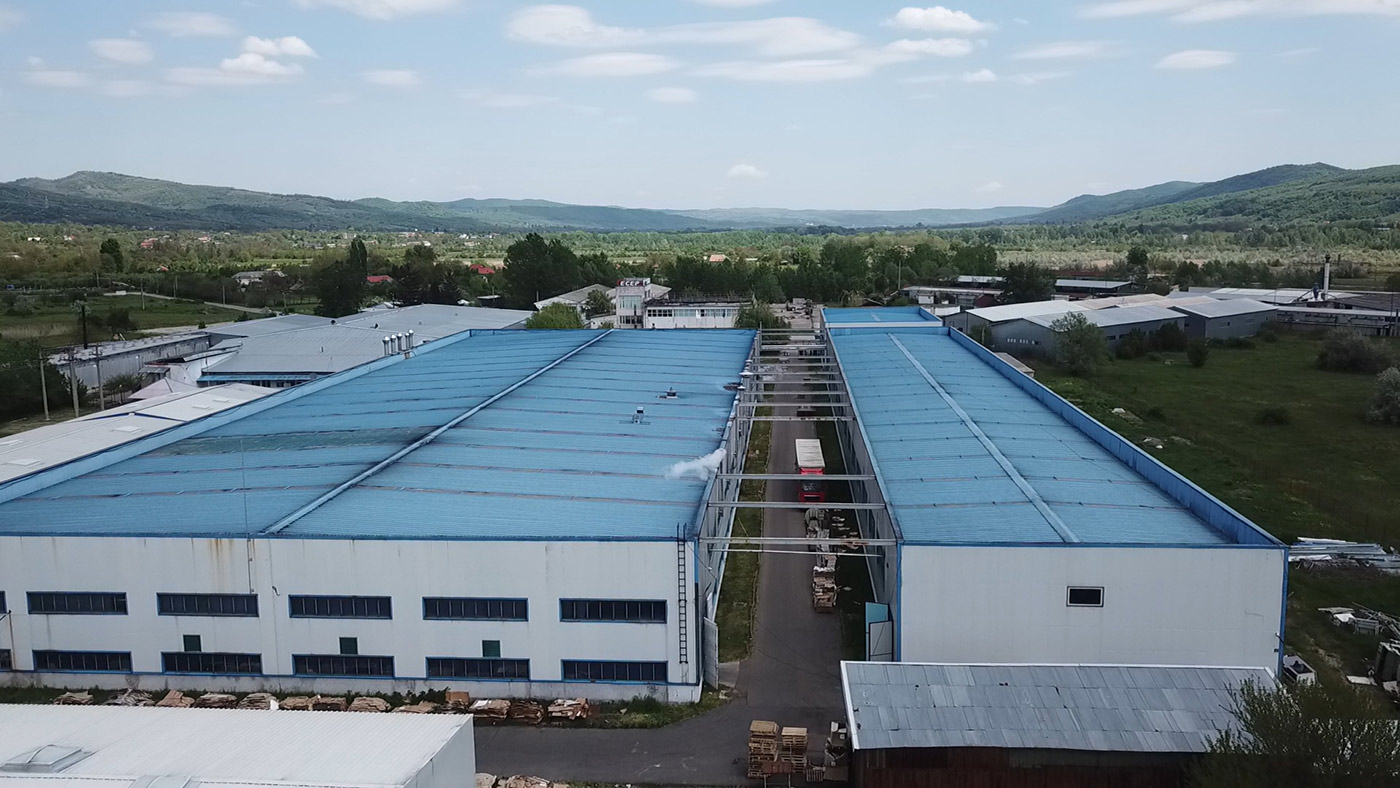Romanian prosecutors probe China Tobacco over millions of cigarettes ‘missing’
The Romanian Organized Crime Authority is investigating a local branch of China Tobacco, whose top managers are suspected of being involved in cigarette smuggling.
– The investigation began after the Romanian customs and border guards noticed that many containers were missing on the way to their destinations.
– In 2014, about 4.5 million cigarettes disappeared during export from the Romanian subsidiary of China Tobacco. It turned out that they were sent to shell companies, and top managers of China Tobacco, in violation of the law, allowed the trucks to leave the factory territory unaccompanied.
– Cigarettes bought at the factory for as little as $38,700 could fetch as much as a million dollars on the black market.
OCCRP reporters have learned that Romanian authorities are investigating Europe’s main China Tobacco factory for allegedly working with criminal gangs and facilitating the smuggling of large quantities of cigarettes.
The factory, located 140 kilometers from Bucharest, did not attract the attention of the authorities for many years, until OCCRP revealed that its top manager was involved in smuggling cigarettes to Italy along with the Camorra.
Now we have found out that the Organized Crime and Terrorism Control Department (DIICOT) is checking the activities of the factory controlled by China Tobacco International Europe Company (CTIEC).
The investigation began after Romanian customs and border officials noticed in 2014 that containers of millions of cigarettes were leaving the factory but not reaching their destinations, a clear sign of smuggling.
“Many containers were taken out of Romania through Hungary to Ukraine or Transnistria, and then they disappeared,” a source close to the investigation said on condition of anonymity.
“Millions of cigarettes have gone missing after they ended up in the port of Bar in Montenegro.”
In total, about 20-30 containers left the factory disappeared.
DIICOT declined to provide more details about the investigation, saying it could jeopardize the outcome of the current review.
However, OCCRP reporters found that CTIEC sent large quantities of cigarettes to front companies and businessmen who are accused of smuggling.

Top view of China Tobacco International Europe Company factory in Romania
Apparently, the transactions were carried out in violation of the Romanian laws that were introduced in the country after the signing of the WHO Framework Convention on Tobacco Control. Among other things, CTIEC likely did not conduct mandatory checks on the companies and individuals with which it worked, and did not provide security and control of cargo leaving the factory.
CTIEC did not respond to a request for comment. In 2020, company officials told OCCRP that they were carefully screening customers and had implemented a cigarette tracking system.
However, authorities claim that more than ten million cigarettes have disappeared since they left the factory. There is a possibility that they ended up on the black market and brought huge profits to violators, from which they do not have to pay taxes. “This is a classic way of exporting cigarettes to illicit markets: they are sent to a country and then they disappear,” says Luc Joossens, an expert on illicit tobacco trade and special adviser to the activist group Smoke Free Partnership.
One incident gave us an idea of how the smuggling scheme worked. At the center of this case are two top managers of CTIEC, a businessman from Naples, a center for smuggling cigarettes, and an Irishman who is suspected by the authorities at home of involvement in organized crime.
In June 2014, Ali Rashed, a businessman from Naples, ordered 4.5 million cigarettes from CTIEC. According to Romanian investigative documents, Rashed, a Jordanian who ran for the Italian Senate in 2013 as part of the right-wing League of the North party, paid $38,700 for the goods.
Under the original contract, the cigarettes his company Ali Rashed Est bought were destined for Jordan. They planned to sell them under the IDEA brand, the rights to which he registered earlier. At the same time, the Italian authorities confiscated a shipment of IDEA cigarettes in the port of Salerno six months before Rashed applied to CTIEC. (We were unable to contact the businessman for comment.)

Port of Salerno, where authorities confiscated Rashed’s cigarettes
Even before the goods left the Romanian factory, Ali Rashed Est sold cigarettes to a British company.
The firm, now defunct, was co-owned by an Irish citizen who is suspected by prosecutors in his country of involvement in criminal activity. This is known from confidential documents with information from Irish law enforcement officers that came to the OCCRP.
As the attache of the Romanian embassy in Dublin told the Romanian police, partners from the Irish Revenue Authority noted that they are currently investigating the activities of a group of smugglers of cigarettes and other excisable goods, among which there is an Irishman.
On paper, the British company was supposed to ship the cigarettes by truck to Prodimpekss Logistikas Grupa in Riga and from there to Komus Arzat in Moscow.
However, the Latvian company told OCCRP journalists that they did not participate in the deal and did not receive cigarettes from China Tobacco. The Russian firm, apparently, did not exist at all. There is no data on such a company in the Russian register of commercial enterprises, and it was also not found at the address indicated in the documents.
In fact, the cigarettes left the CTIEC factory in Romania and simply evaporated.
Under the terms of the WHO Framework Convention on Tobacco Control, which Romania and China have signed, CTIEC is required to screen customers. Thus, the supplier must check the aftermarket, the identity of the buyer and make sure that he (she) is not involved in criminal activities.
CTIEC, a subsidiary of the Chinese state conglomerate China Tobacco, did not check Rashed or the companies involved in the deal, according to Romanian court documents.
Joossens says the apparently convoluted scheme should have raised questions from controllers.
“In theory, this is not forbidden,” he explains. “But if you do business honestly, you export directly to the country of destination. If you work illegally, you come up with elaborate schemes.”
Romanian law enforcers suspect that in 2014, two top managers of CTIEC – a regional director and a sales manager – could hide the truth about how the delivery was organized. In the next two years, both were under investigation for various tobacco violations.
The prosecutor’s office believes that violations at the factory are evidence that top managers of CTIEC contributed to the loss of goods.
Romanian law obliges CTIEC to provide security for trucks leaving the factory. Representatives of the security company must accompany the cargo to its destination in the EU or until it leaves the territory of this economic and political zone.
According to the documents of the investigation, these requirements were not fulfilled.

Mariana-Lenuta Dregulin, then a mechanic at CTIEC, told Romanian law enforcement officers that she remembers that batch because the goods were released from the factory without an escort.
“As a rule, all vehicles loaded with cigarettes left the factory accompanied by employees of the security company, and this truck was released without guards,” she told prosecutors.
Romanian investigators noted that the driver who took the cigarettes from the factory did not have the necessary documents.
The driver, an Irish national who appears to be an associate of the owner of the company that bought the cigarettes, had to submit original documents to be checked by CTIEC and sent to Customs. Instead, he brought copies that are easy to forge.
“Irish police have information that this man is involved in criminal activities in connection with cargo transportation,” reads a letter sent by an attaché at the Romanian Embassy in Dublin to the Romanian authorities.
Since CTIEC did not employ security to escort and control the cargo, Romanian customs was not notified that it had left the EU. According to the documents, the corresponding message should have been received when the cargo left Riga for Moscow.
Without being notified, the Romanian Customs Administration carried out searches at the CTIEC factory.
The ensuing investigation uncovered how the alleged scheme worked, but where the cigarettes went is still unknown. If the scammers managed to smuggle them past customs into the EU, they could earn far more than the $38,700 Rashed’s company paid CTIEC.
According to the Italian financial police, the cost of this batch of cigarettes on the black market could be about 900 thousand dollars.









